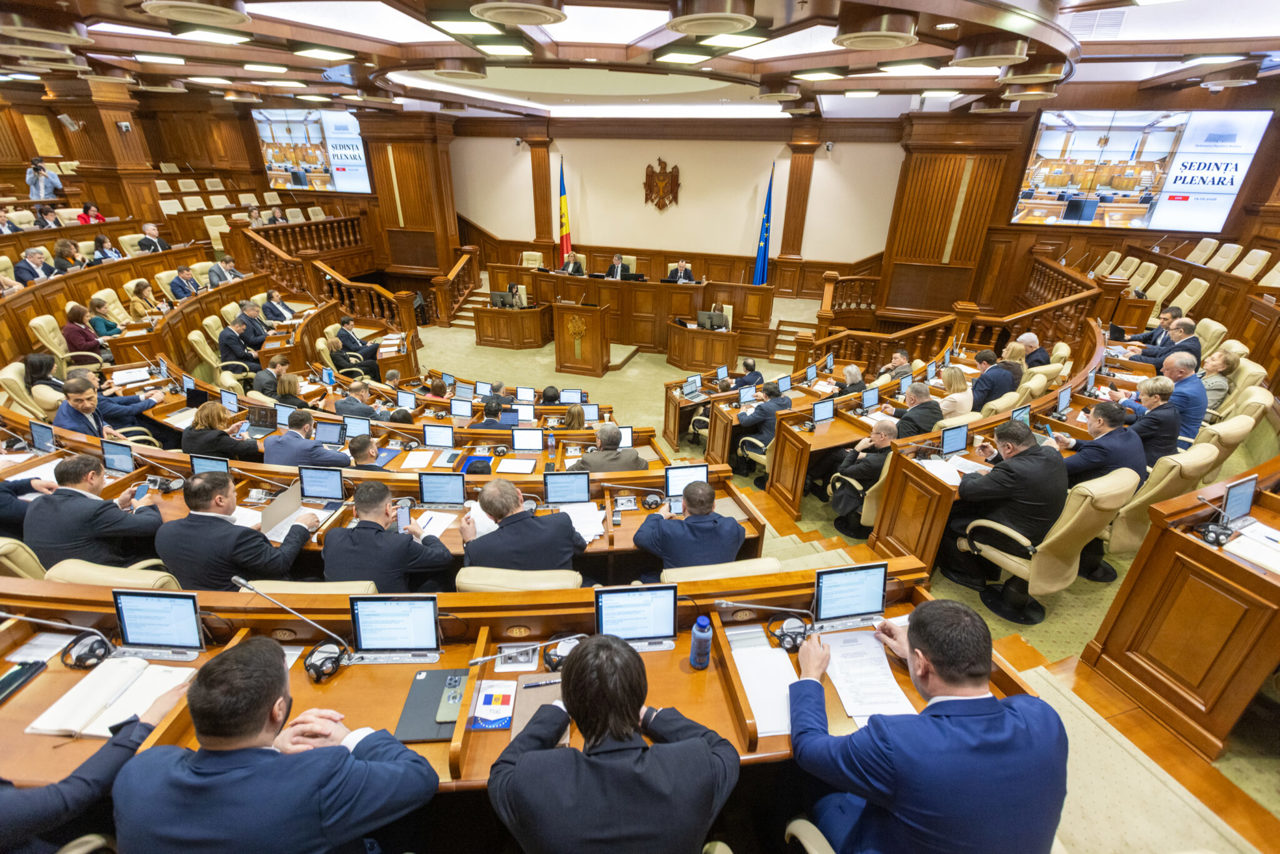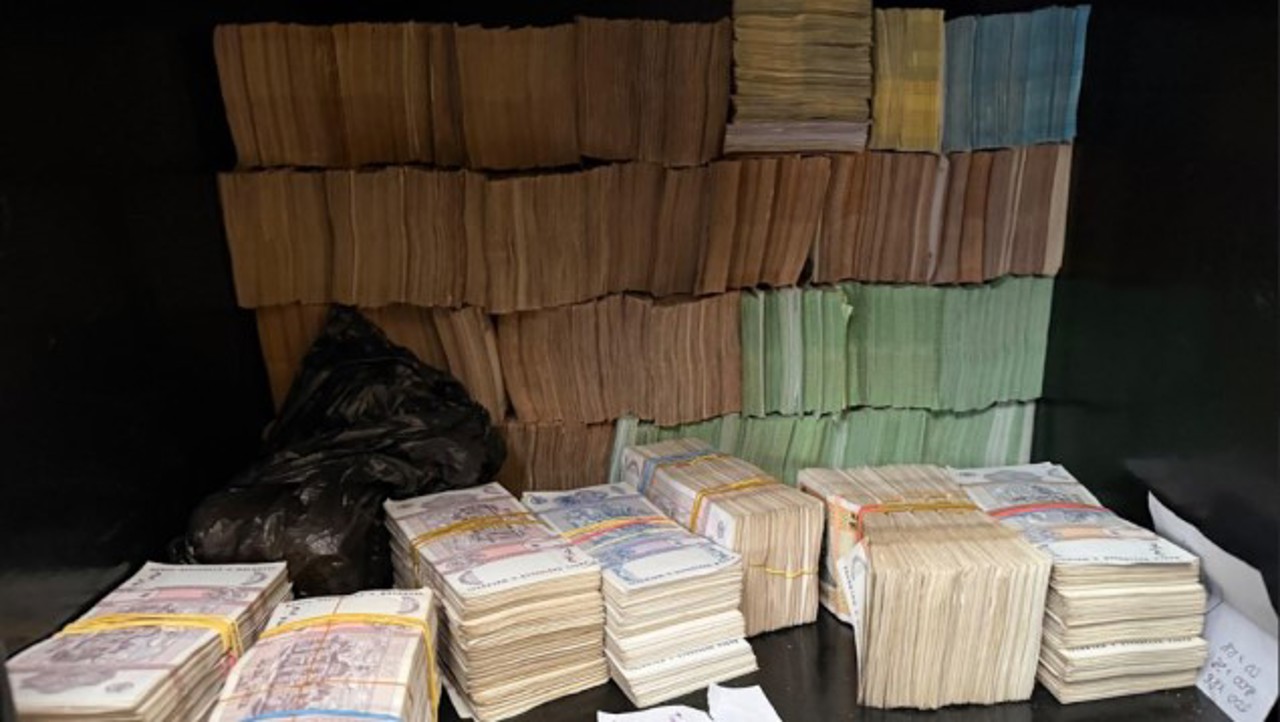WEEKLY REVIEW // Gas crisis, resignation of Iohannis, railway workers' protests and new tensions in the judiciary
The past week has been full of impactful events, both at local and international levels. From negotiations on gas supplies to the Transnistrian region to the announcement of the resignation of the Romanian president, the political scene has been marked by changes and strategic decisions. Justice and national security have also been in the spotlight, with new measures against corruption and incidents that have raised questions about the safety of citizens.

The energy crisis in the Transnistrian region was one of the most discussed topics of the week. After the expiration of the European aid of 20 million euros for gas, the European Union proposed a new support of 60 million, but Tiraspol refused the offer and preferred to bring gas through a Hungarian company and an intermediary from Dubai. Chisinau allowed the transit to avoid a humanitarian crisis but imposed rules, including taxation of additional volumes. The decision was viewed by experts as a victory for Moscow, which maintains its influence in the transnistrian region.
On the political scene, Romania was rocked by the surprise announcement of President Klaus Iohannis, who said he would resign on February 12. The official motivation was to avoid a referendum on impeachment, but the decision triggered speculation regarding the backroom games in the ruling parties. In parallel, the Romanian Parliament was to debate the request for the suspension of the president, submitted by the opposition.
In Chisinau, two serious cases of meningitis in children alerted the health authorities. Also this week, the police began using monitoring cameras to detect drivers who are not wearing a seat belt or using a mobile phone while driving.
Another topic was the official inclusion of Vladimir Plahotniuc on the Interpol list. His lawyers announced that they would appeal the decision, while Moldovan authorities asked for international support for his location and extradition.
On the judicial front, the anesthesiologist accused in the suspicious death of businesswoman Liubov Babutchi was placed in preventive detention for 30 days. The investigation revealed serious shortcomings in the regulation of aesthetic clinics, and the Ministry of Health promised stricter controls to prevent similar cases in the future.
Anton Malîşev, a Moldovan citizen illegally detained in the Transnistrian region for two years, was released, but he was immediately detained in Chișinău on charges of drug trafficking.
A devastating fire in the “Romanita” apartment building in Chisinau resulted in the death of two people. Rescuers managed to evacuate several residents from the upper floors.
Donald Trump had separate phone calls with Vladimir Putin and Volodymyr Zelenski, saying their teams would begin negotiations to end the war in Ukraine. The Kremlin confirmed the conversation and announced that Putin invited Trump to Moscow, while Zelenski stressed the need for concrete measures to stop Russian aggression.
Also on the international stage, Maia Sandu represented the Republic of Moldova at the Munich Security Conference, where she reaffirmed support for Ukraine and commitment to European integration. At the same time, the conference was marked by tensions between European officials and the Trump administration after US Vice President [JD Vance criticized restrictions on freedom of expression in Europe. Also in Munich, Volodymyr Zelenski discussed with Western leaders new strategies to counter Russian aggression.
The crisis in the railway sector in the Republic of Moldova has deepened, and protests by CFM employees have intensified in several cities. The workers are demanding the payment of outstanding salaries and better conditions, while the Government is looking for solutions for the economic recovery of the enterprise. Trade unionists have warned that the protests will continue until viable solutions are found.
In justice field, the Republic of Moldova announced the creation of a new institution: the Anti-Corruption and Combating Organized Crime Prosecutor's Office (PACCO). It will take over the duties of the Anti-Corruption Prosecutor's Office and the Prosecutor's Office for Combating Organized Crime and Special Cases.
A drone attack on the port of Reni in Ukraine led to a violation of Moldova's airspace. Several drones crashed on the territory of the country and caused a harsh reaction from the authorities in Chisinau, who summoned the Russian ambassador and sent a note of protest. In response, Moscow avoided assuming responsibility, and NATO reiterated its support for the Republic of Moldova in the face of hybrid threats.
A serious accident occurred on the Kiev-Chisinau route, where a bus overturned due to the snow-covered road. 16 people were injured, and the police are investigating the circumstances of the tragedy. At the same time, the Republic of Moldova was hit by snowfall, which caused problems on the roads and affected road traffic.
The week ended with the commemoration of 36 years since the withdrawal of Soviet troops from Afghanistan. Maia Sandu sent a message of gratitude to the veterans, and Teleradio-Moldova presented the story of Constantin Boestean, a former soldier who documented the sacrifice of his comrades in a commemorative book.
In Russia and abroad, supporters of Alexei Navalny have organized commemorative events on the one-year anniversary of the opposition leader's death. Moscow has warned against any demonstrations, but marches and screenings of documentaries dedicated to the opposition leader have taken place in big European cities.




